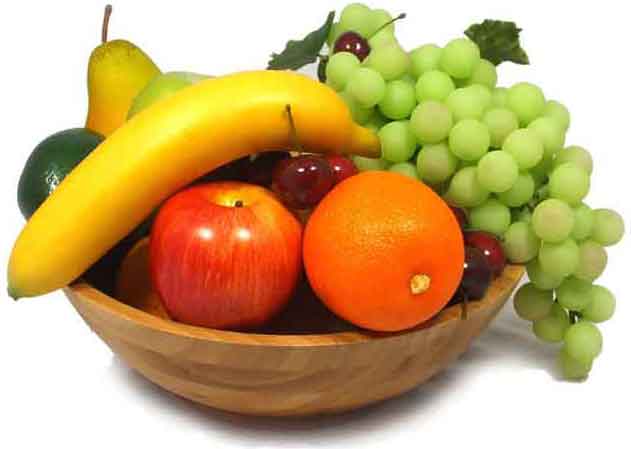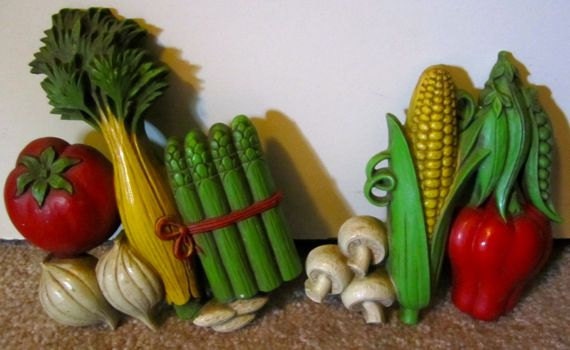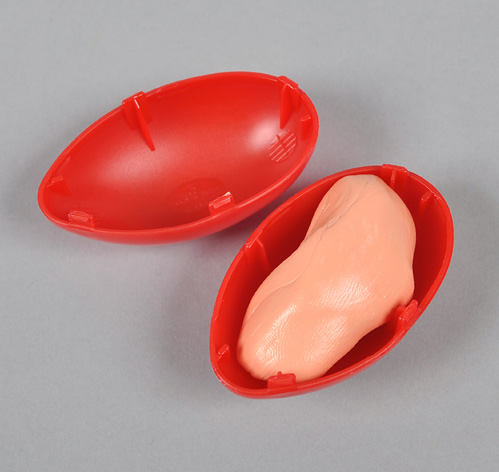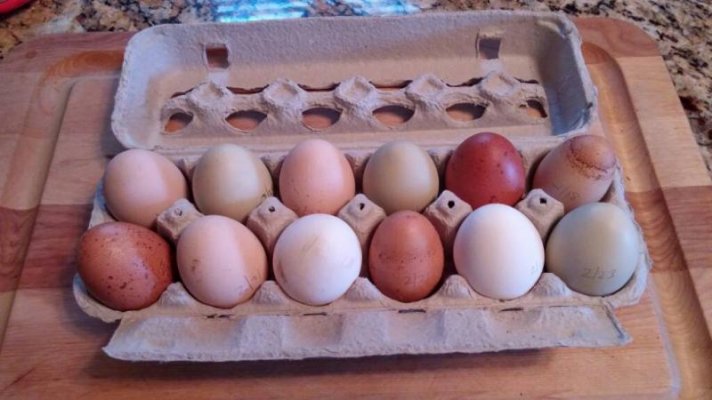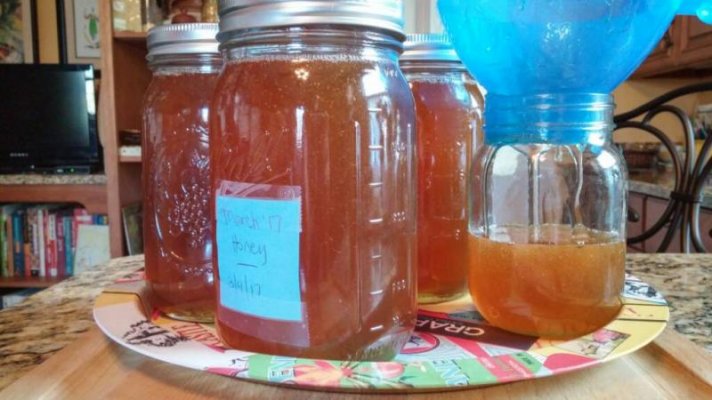I'm with you on the buying organic if it tastes better, Casey.
We buy organic bananas, carrots, potatoes, milk, eggs, and a few other things simply because they taste better. And no, GG, it's not in my head. We also buy non-organically grown stuff when that's all that's available. Every once in a while I'll notice something tastes really good; better than usual, and I'll sometimes check to see what brand it is, or where my wife bought it so I might try to remember to ask her buy it again since she does most of the food shopping. It is then I often discover that it is organic.
OK, so, that might also have to do with smaller production practices, or freshness, or some factors that go along with organic foods, but if it tastes better, I'm good to go. The few extra dollars we spend for it is of no real matter to me. If I skip one lunch at work in a month and eat leftovers, that can cover any extra cost if it's ever an issue.
As far as arguments go, some people use passive aggressiveness to continually make their point, or appear "right", or better than you. (This pretty much describes several of my new neighbors.)
I can't stand people who do that intentionally, but I wonder sometimes if others even realize that they are doing it.
Anyway, getting back to good food, I'm often reminded of what Sparrowgrass said about the labeling of free range chicken. Many "factory" raised chickens are kept in giant buildings, and once or twice a week a few doors are opened and some of the chickens get to wander out onto a poop covered patio for a bit, then they are brought back in and the doors closed again. So much for free range being a wonderful thing. Still, you can buy really free range foods if you do your homework and learn if it's real or not.
And guess what: it'll probably taste better.
Also, when you die, if you get reincarnated as a chicken, try to get a seat by the door...

